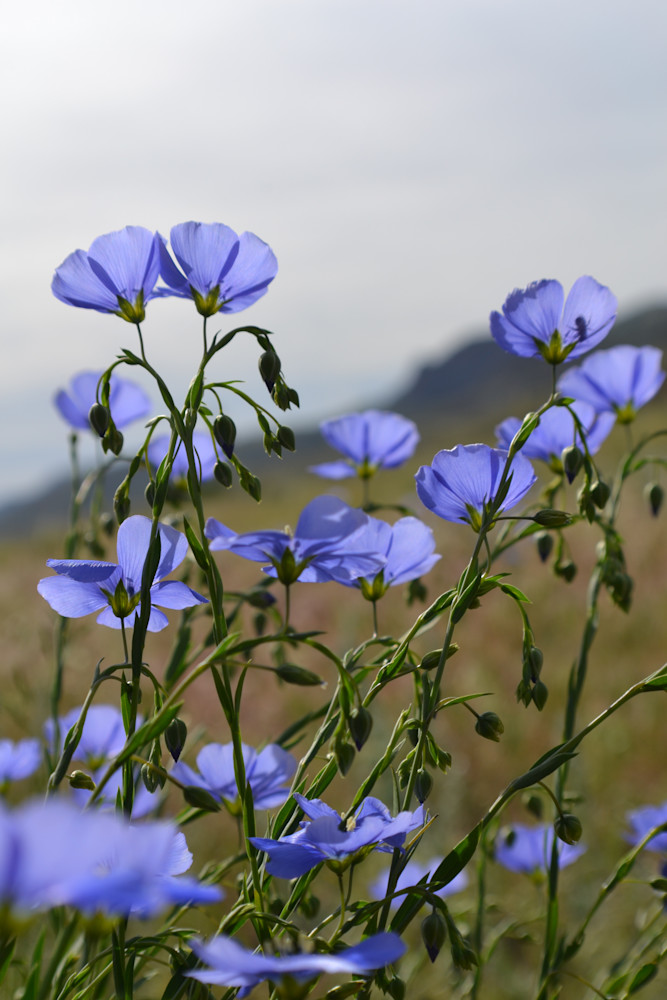A Throne in Heaven
7.7.20

I thought I should start with something that I really, really love; something that means a lot to me. I don’t know many other people who read, so I don’t know if other people read stories and poems over and over again, like some people listen to a piece of music again and again on repeat – but I do both. I bought Dorothy Edwards’ “Rhapsody” earlier this year after it was recommended on Backlisted and I read the whole thing quite quickly (for me) and I don’t have much of a desire to reread any of it at the moment. Apart from “A Throne in Heaven”.

Dorothy Edwards; such a sad, short, obscure life, and of course the reader’s knowledge of her failure to achieve what she wanted and her early suicide colours these forlorn, bitter little tales, making them seem even bleaker and more desperate than perhaps she intended. To me, they seem the work of someone who is terribly young, who is using a range of styles and settings to translate her own ragbag of bad experiences (chiefly ill-advised encounters and half-relationships with unsuitable men and the inevitable, excruciating social awkwardnesses and exclusions that followed) into story, into art. She particularly struggles with creating varying speech patterns for her different characters (oh, how I sympathise) and with developing fuller, more complex narratives out of these slight episodes of frustration, duplicity and despair. She is rehearsing an unhappy, stunted, first chapter, the start of a story that had failed to progress towards any sort of resolution – let alone a happy one – in her own life.
“A Throne in Heaven” is another thing altogether and finding it for me was like sifting through a box of rather beautiful, but very faded and shabby old clothes and brushing against something hard, perfect, glowing: a tiny jewel of a story (and it is a complete story, not an episode). The colour of this story is celestial: the blue of harebells, the blue of wild flax. The blue of heaven. This story is about life as a writer, and how books colour the life of a reader. It is about how humans are capable of experiencing, within one lifetime – no, within one year of life – both terrible, crippling isolation and the glorious, rapid ease of forming a deep bond with another soul who cares for them, who understands them. It is about beauty, and mortality, and religions. This story is, wonderfully, sympathetically, about children, about the power and powerlessness of the child, a story about a girl and a boy written by a girl whose memories of being a precocious, vulnerable child were still so recent.
Both the children are acolytes, consecratees. The solemn, self-conscious, courtly Sidney Mihail intends to devote his life to poetry; Elizabeth, so full of life and mischief, is a child marked and shadowed by death. Sidney comes to stay with Elizabeth and her father one summer. A mutual understanding, an affection, an attraction develop quickly. They wander through an enchanted landscape. They visit a church with her father. It is time for Sidney to leave for school and promises are made by all about returning, about reunions, while the summer air hums with menace, with finality, with grief.
It’s a deceptively simple little story, a third person narrative coloured by Sidney’s interior thoughts, by the impress of the sensual world on his imagination, by his profound emotions, his childish speech patterns. It’s so easy to laugh at poets, and British people love to do it. I wondered whether I should be laughing at Sidney; at his old-gentleman formality, at his predilection for Rossetti and Shelley, at his evening spent composing “The Legend of the Wicked St Etheldreda”. I decided that I shouldn’t. I decided, like Sidney decided, like Elizabeth decided, that he was the real thing, that he really was a poet, a “wonderful” poet, as he would say. I find the depiction of Sidney’s identity as a writer incredibly powerful, terribly moving. Sidney’s dedication to poetry, his belief in himself as a poet, his response to the world around him first and always as a poet, is sweetly comical and utterly genuine. His need to create, his desire to “write it all down”; and his enviable prolificacy (the poems he writes under the school table while waiting for pudding, the three poems he writes during the train journey) feel so resonant, so recognisable, to this writer. This is the poetic impulse, so beautifully and simply portrayed. I love Sidney and, through him, I feel a tremendous affection for Dorothy Edwards, for her own dedication to writing and the strength of her own sense of identity as a writer. And I feel pain at the sense of how that self-belief must have been chipped away by her failure to grow into the writer she wanted to be, at the failure of others to acknowledge the gifted, serious writer that she was.
